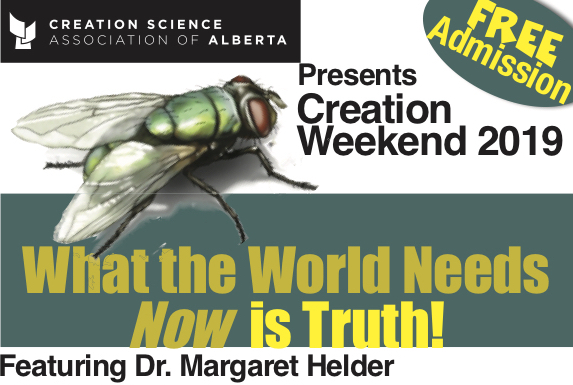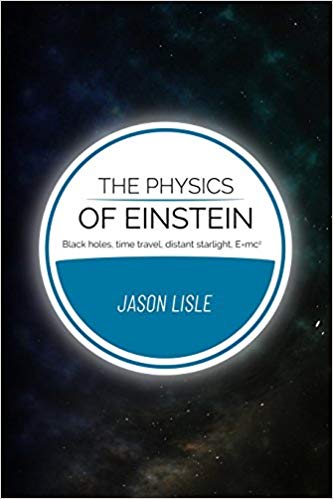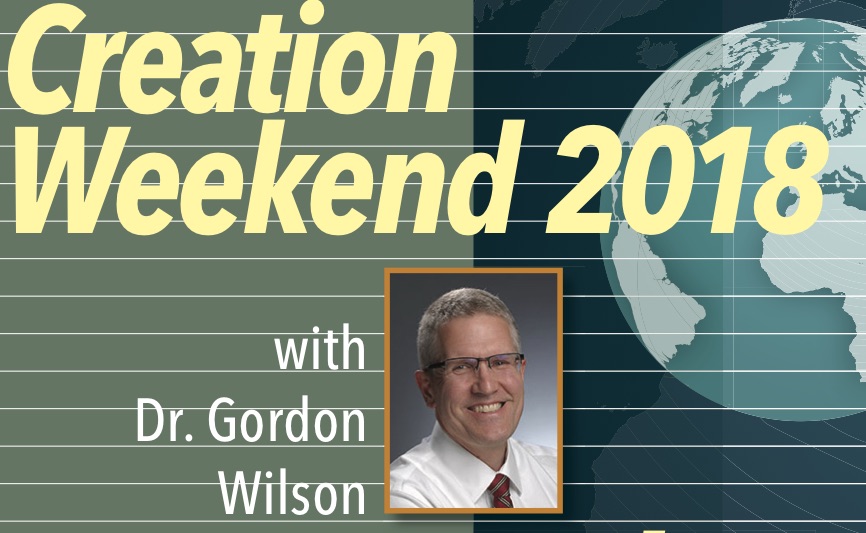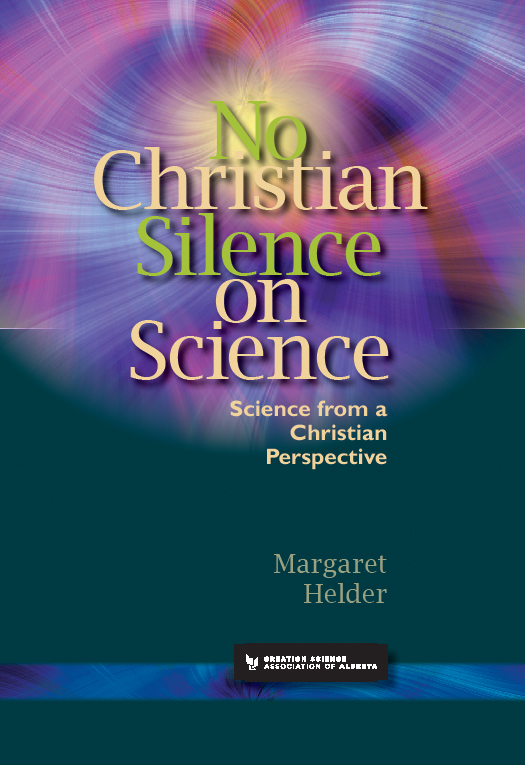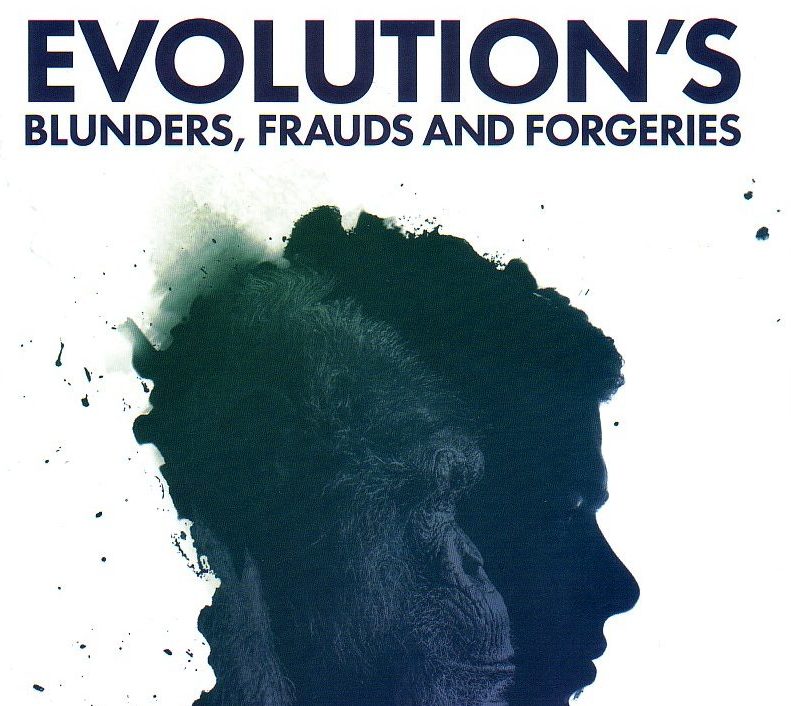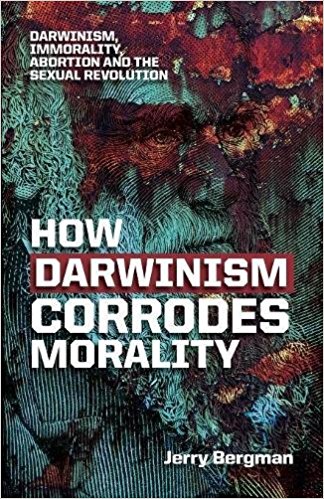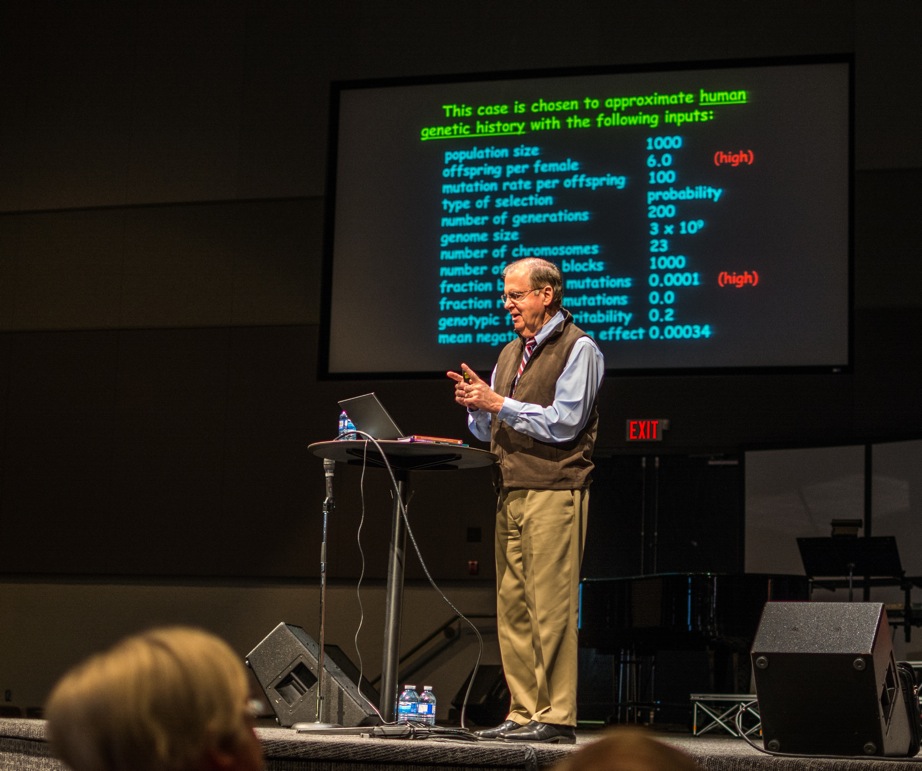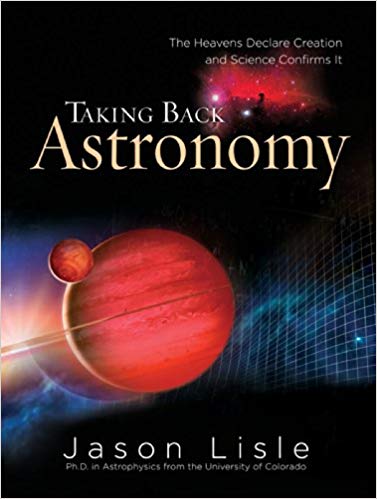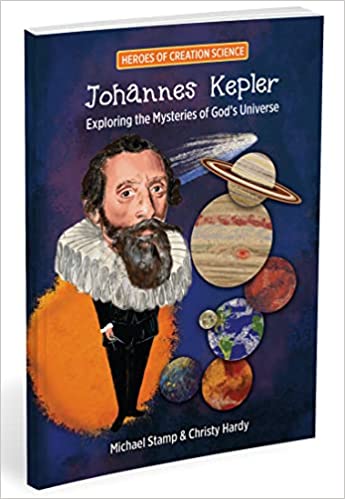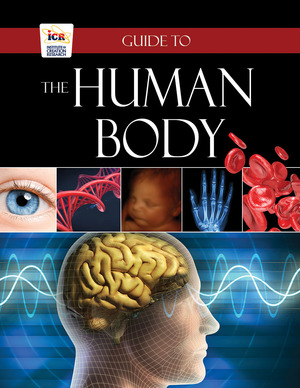Articles » People
Friday and Saturday – October 25 and 26, 2019
Featuring Dr. Margaret Helder
- Original research in algae, aquatic fungi and freshwater ecology
- Taught biology to university and high school levels, and home school science workshops for all grades
- Science writer for Dialogue and Reformed Perspective and other Christian publications
- Expert witness at a trial on creation/evolution in the United States Read the rest of this entry »
During his second lecture at Creation Weekend 2018, Dr. Gordon Wilson stimulated our appreciation of the creation with his presentation entitled “The Magnificence of the Mundane” The words in the title, he pointed out, are actually contradictory. While the word “magnificence” communicates excitement, the term “mundane” suggests that something is boring or dull. But what he wanted to share with us is that God’s work in creation is amazing, displaying God’s wisdom and finesse (Ps. 104:24). And in this context, we are told that King Solomon, full of wisdom, spoke about trees, herbaceous plants, beasts, birds, reptiles and fish (I Kings 4:33). Read the rest of this entry »
Some people actually like numbers and mathematics, and some people don’t. Everybody knows that! Some people however sound positively lyrical on the subject of numbers. Dr. David Berlinsky, for example, in his book infinite ascent: a short history of mathematics (2005) describes the inexhaustible variety of natural numbers and their personalities. (Modern Library Paperback edition p. 5). He lists various demanding disciplines that mathematicians have developed. Beyond the practical and theoretical challenges that mathematics provides however are the insights into nature. As Dr. Kurt Wise pointed out in Faith, Form and Time (2002) “The universe seems to operate with mathematical precision, and natural laws have a mathematical form.” (p. 91) Astronomer Dr. Timothy Ferris elaborates on mathematics in his 1997 book The Whole Shebang: “[M]athematics [is] a codified form of logic that embodies the faith of science that nature works in a rational way.” He adds “Like all scientific theories, relativity is expressed in terms of mathematical equations-” Read the rest of this entry »
Every year, it seems, we hear about anniversaries, some obscure and some more significant. But 2019 is big!! It is the 150th anniversary of a major step forward in our understanding of the chemical elements. In March 1869, Dimitri Mendeleev, an obscure Russian scientist, managed to explain chemistry in a way that made sense. Thus, UNESCO has designated the year 2019 as the Year of the Periodic Table of the elements. Some people consider that this single document is one of the most powerful icons in science. Read the rest of this entry »
Creation Weekend 2018 October 26 & 27
The Creation Science Association of Alberta is excited that our featured speaker for Creation Weekend 2018 is Dr. Gordon Wilson of New St. Andrews College in Moscow, Idaho. Dr. Wilson’s enthusiasm for biology is infectious and the topics which he will present are ones that are very relevant to our lives as Christians today.
Two “teams” of plants compete for popularity
One evening after dinner at our Opa and Grandmum’s house, Grandmum told us that we were going to do an experiment called Monocot “Meanies” vs. Dicot “Dreamers”. We each took two styrofoam bowls and put holes in the bottom, and then put in some soil. In one bowl, we planted two soaked bean seeds and two dry bean seeds. In the other bowl, we planted two soaked corn seeds and two dry corn seeds. Grandmum said, “Some plants are Monocot Meanies and others are Dicot Dreamers.” She didn’t tell us which was which, but that we would know when they came up. Read the rest of this entry »
Margaret Helder has developed a guide to enhance the learning opportunities and appreciation of the message in her book (which is to encourage everyone to critically evaluate scientific pronouncements). For each chapter there is a brief overview statement. Brief paragraphs follow for each subsection in each chapter with key concepts introduced. There follows for each chapter a list of questions, many of them involving the key concepts. The next section provides detailed answers for each question. A sure to be popular section follows on resources. These are provided under topical headings. Books, articles (all obtainable) and especially video clips on-line, are certain to be useful for any biological studies, not just for this book. Lastly for each chapter, a section on extension is provided. This booklet of about 60 pages, will be available on line (free download) and in hard copy. Inquire through our website for your copy as soon as it is available.
A sign of the maturity of the creation science field is that books on a broader spectrum of topics have begun to appear. Excellent as titles are on such issues as dinosaurs and radiometric dating, it is nice to see some discussion of new issues. So it is then, that Dr. Jerry Bergman’s new book entitled Evolution’s Blunders, Frauds and Forgeries is certain to attract attention. Besides, the information contained therein is certainly fascinating.
Many of us have heard of the Piltdown Man fraud and the unmasking of that fraud which rocked the scientific world in 1953. However the story of how the events unfolded before that is very interesting. Since the deception was so obvious, it is a wonder that the scientific world allowed themselves to be deceived for more than 40 years. Similarly the 1922 ‘discovery’ of Nebraska Man which turned out to be an extinct pig, is also well known. However this book by Jerry Bergman also discusses many other astonishing examples of error or downright fraud. Read the rest of this entry »
Order Online/ Pages
Jerry Bergman (2017) Joshua Press pp. 312
The best books are those that carry a compelling message and are interesting to read. Dr. Jerry Bergman’s new book How Darwinism Corrodes Morality is such a document. It carries the reader along from story to story. His discussion demonstrates how, in the early twentieth century, certain individuals who were consumed with a passion for Darwinism, managed to transform the values and customs of society from morals based on Judeo-Christian thought to a rejection of standards of any sort. Read the rest of this entry »
The theme of Creation Weekend 2017 was “In Science and Faith, Worldview Matters”. Our speakers Carson Lueck and Dr. John Byl addressed this issue. Many people, in previous years, had indicated in questionnaires that they would be interested in presentations on apologetics. So here we were, considering worldviews. Naturally one might ask “What is a worldview? Why does it matter and how does it apply to our lives?” Read the rest of this entry »
A place where families can play and learn!
This summer during our annual family camping trip on a gloomy definitely-not-beach-weather kind of day, we discovered the DINOS (Discovery Institute of Nature, Origins and Science) Centre. When someone suggested going to a new facility with a unique combination of indoor mini-golf, laser tag, and a café, as well as a Bible History Museum and an outdoor driving range, everybody agreed! Read the rest of this entry »
Creation Science Association of Alberta is delighted to announce two wonderful speakers for Creation Weekend on Friday October 20 and Saturday October 21, 2017.
On Friday evening Carson Lueck B.Sc., B. Ed., is scheduled to speak on “How the Authority of Scripture Impacts Science”. This session will be aimed at youth and young adults. So bring your busloads of students to this event!
On Saturday October 21 come to hear Dr. John Byl, professor emeritus from Trinity Western University in Langley, B.C. His research interests include astronomy, physics, mathematics and the interaction between Christian faith and science, he has lectured in a large number of countries all over the world.
Ever since the efforts of mankind at the tower of Babel, when the people sought to construct their own society based on their own agenda, the search for the perfect man-devised society has continued through the centuries. Indeed, since the advent of Enlightenment thinking in Europe in the eighteenth century, secular mankind has placed a particularly high value on his ability, based on reason alone, to find solutions to social problems. Recently we saw an example of this attitude in the pronouncements of Neil deGrasse Tyson, director of the Hayden Planetarium in New York City. This man is the philosophical successor of Carl Sagan who declared: “The universe is all there is, or was, or ever will be” (in his famous Cosmos series on the history of the universe). More recently Dr. Tyson has hosted a remake of Sagan’s Cosmos series for public television. Read the rest of this entry »
Dr. John Baumgardner addressed large appreciative crowds at CSAA’s Creation Weekend in October 2016. Following his introductory lecture on Friday evening (“How language powerfully affirms God’s reality”) [described in the previous issue of Dialogue], he continued the next morning with “Mendel’s Accountant: Why Darwinism Fails”. This work resulted from a collaboration with geneticist Dr. John Sandford of Cornell University. Many people in modern society find Darwin’s conclusions extremely appealing: the idea that competition in nature ought to lead to organisms better suited to the environment. While this is reasonable, there are limits to how far this idea can take us. Read the rest of this entry »
A recent list of the 100 most important “scientific discoveries that changed the world” lists Rick Smalley’s discovery of Buckyballs (English, 2014, p. 13). But who was this man? Richard (Rick) Smalley (June 6, 1943-October 28, 2005) was Professor of Chemistry, Physics, and Astronomy at Rice University. He was awarded the Nobel Prize in Chemistry in 1996 (along with Sir Harry Kroto and Robert Curl) for the discovery and research on a new allotrope (form) of carbon. He called this unique soccerball-shaped molecule buckminsterfullerene, nicknamed buckyballs. Soon a more comprehensive category called fullerenes was proposed to include nanotubes. Read the rest of this entry »


